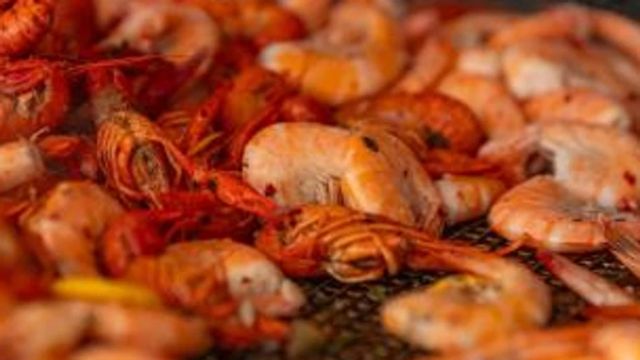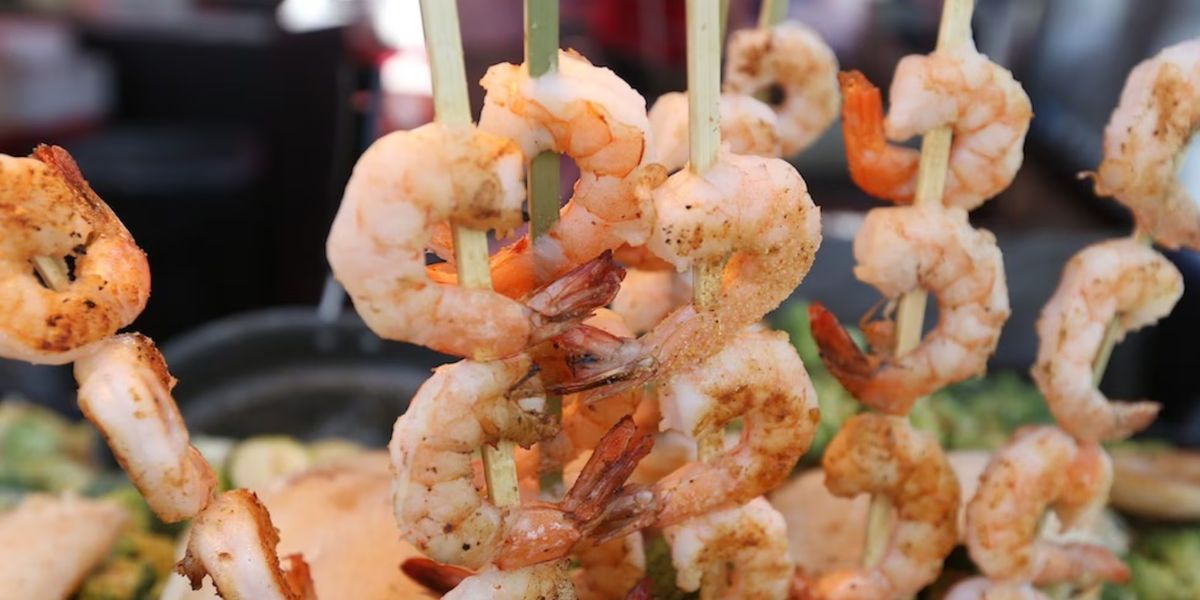Since the month of October, a rule that mandates that establishments like restaurants and retailers let their consumers know where the goods they are selling originates has been in force.
Its purpose is to encourage consumers to “buy local” and to provide assistance to the state’s struggling industry.
If there is one thing that is lacking, it is enforcement.
According to Ernie Anderson, the proprietor of Graham Shrimp Co. in Bayou La Batre, “It is my hope that what we will see as a result of it is that people will comply with the regulations and provide the customers with what they desire.”
The restaurants that Anderson has visited, on the other hand, have not exactly been completely compliant with the regulations.
“I’ve seen some that haven’t,” he stated. “Some of the issues, as I’ve seen, is the signage. I think there’s issues with what the proper signage should be.”
There is a responsibility for enforcement that falls on the health agencies. In his capacity as supervisor of inspection services at the Mobile County Health Department, Brad Philips stated that proprietors of restaurants had been inquiring about it for a considerable amount of time.
“Actually, that’s how we learned about the law, initially, back when it was coming about before it had officially been adopted,” he stated. “We had an establishment coming to the local area that had some fish products that they offer on their menu, and they were asking us about the signage they needed to display. So, we actually found out about it that way.”
All retail outlets, including restaurants, that sell fish are subject to the law. Signage that informs clients about the nation of origin and whether the seafood is wild or farm-raised is now required to be displayed on their premises.

Beginning with a warning and progressing all the way up to a punishment of $1,000 for a fifth infraction, the law establishes a progressive scale of sanctions.
On the other hand, Philips stated that the enforcement process is more complicated than it may appear.
The dozen inspectors of the department have been receiving training on the new rule over the course of the past couple of months, according to him, and the department has also been working on signs that it intends to offer to businesses.
The labeling regulations will eventually be incorporated into the health code inspections that are already being carried out on a regular basis at approximately 3,000 facilities, according to Philips.
“Just another part of the checklist we do when we go through and do a routine inspection,” he stated.
On the other hand, Philips stated that getting there will take some time. It was brought to his attention that the agency is required to implement new regulations and work in conjunction with the Alabama agency of Public Health.
State Representative Chip Brown, a Republican from Hollinger’s Island, is proposing an additional bill for the 2019 legislative session that would impose an additional fee of $200 on seafood sellers.
Brown is the law’s sponsor. This money would be used to assist in paying for safety inspections of seafood that is imported.
Brown has expressed his eagerness to see the labeling law become a reality.
On Dauphin Island, Islanders Restaurant & Bar is one of the establishments that has already displayed a sign and is one of those restaurants. It is a basic piece of paper that has been affixed to the wall that is located next to the health rating of the restaurant.
The origins of the various products on the menu are detailed, including domestic shrimp, Norwegian salmon, Vietnamese snapper, Peruvian mahi, and every other type of seafood.
Brookline Bounty Initiative Provides Turkeys to Families in Need This Holiday Season
Richard Seybold, the proprietor, stated that he has been using local shrimp ever since the day he established his business. However, he purchases foreign products for species that are either difficult to get in the United States or excessively expensive.
According to Seybold, the majority of customers are able to differentiate between import shrimp and local shrimp. On the other hand, he stated that it is more difficult to determine with fish.


 by
by 




